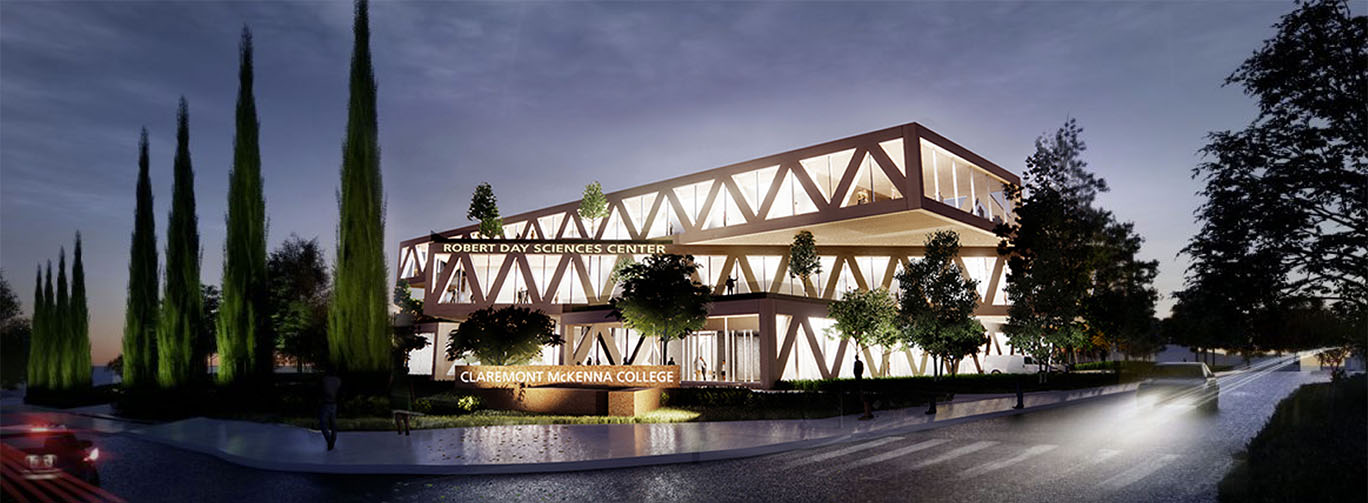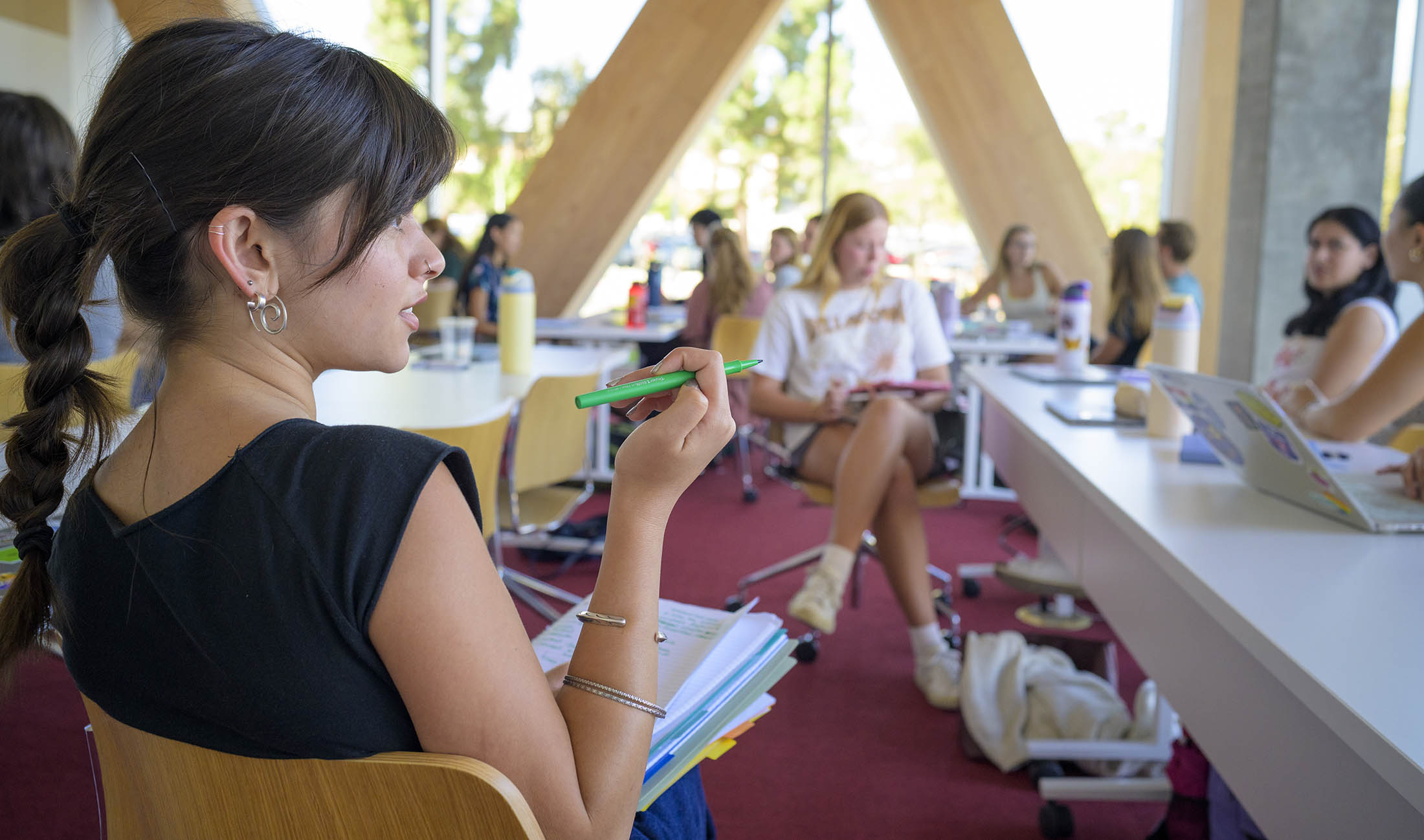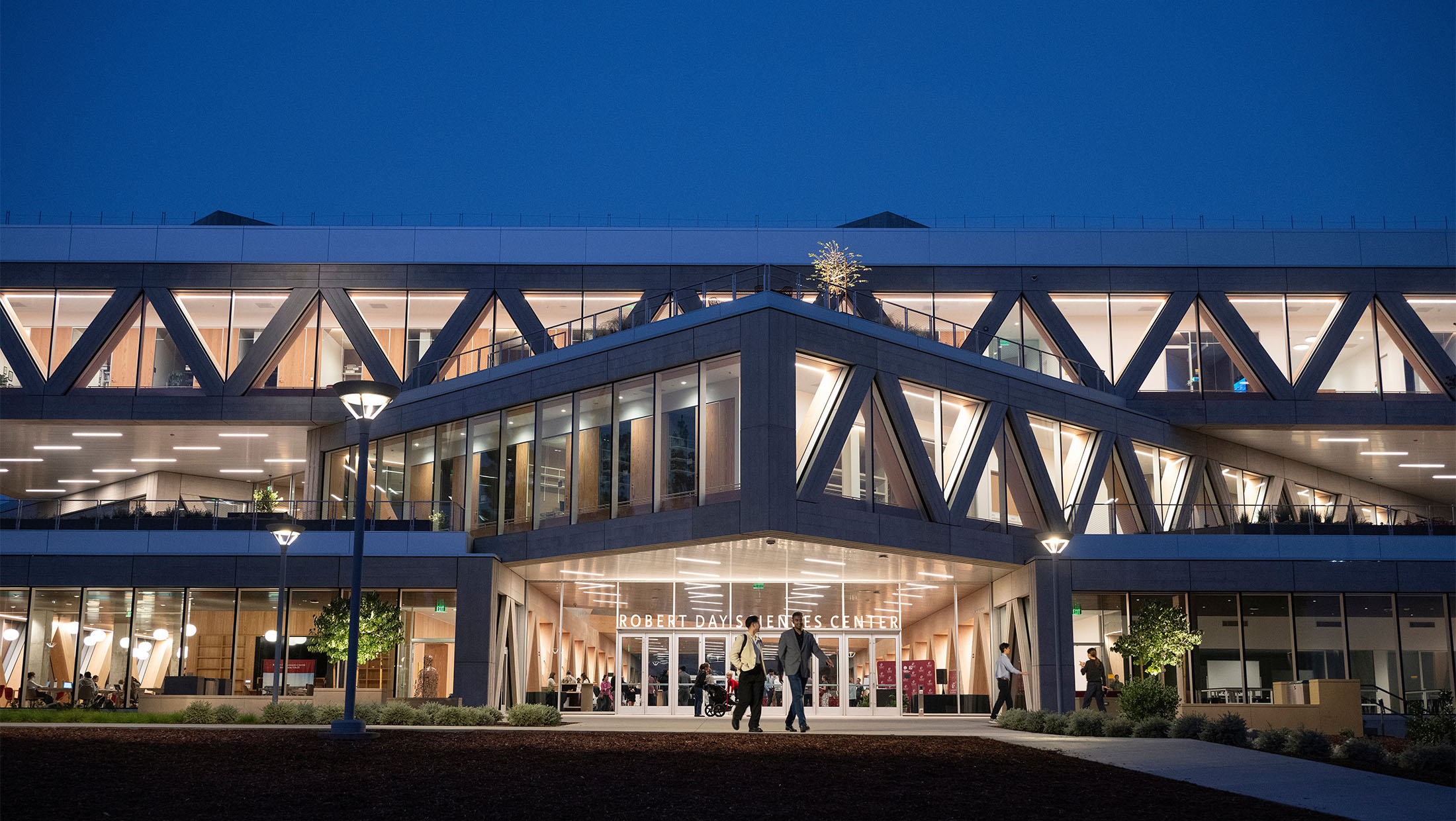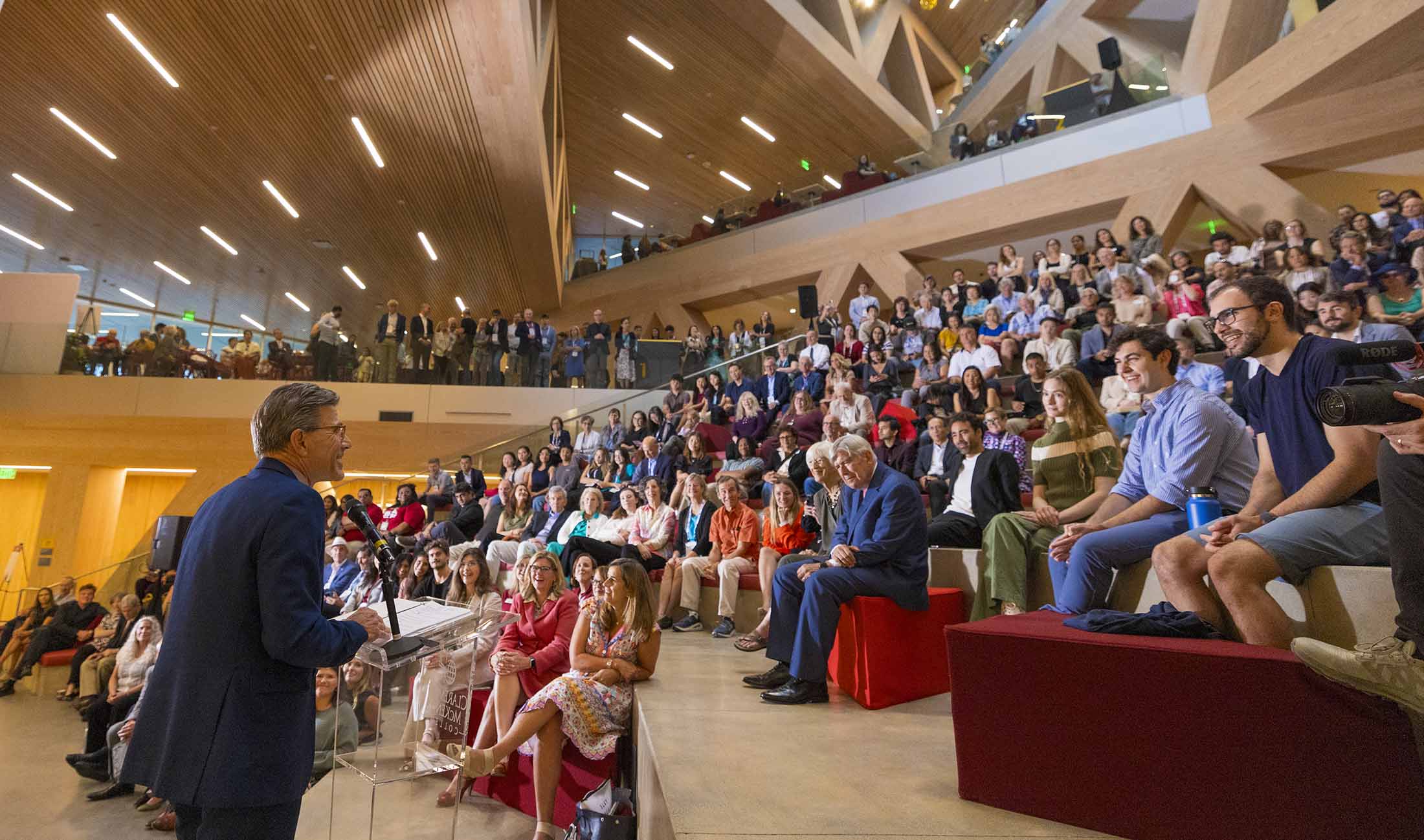
The Kravis Department of Integrated Sciences offers a new approach to undergraduate science education that uniquely prepares our graduates to engage with some of the greatest challenges and opportunities facing society. Among these are contributing to the health of our species, improving quality of life, driving economic growth, and protecting our planet for future generations.
Our courses employ a “just in time” approach where topics are motivated by societally relevant issues. Concepts and skills are taught to allow students to engage with those issues and make their own discoveries and conclusions.
Our curricula provide students with the ability to confidently navigate within and between traditional scientific disciplines, and the humanities and social sciences, to prepare them to fearlessly engage with problems that require diverse skills and perspectives.
Our graduates will be exceptionally well-prepared for a variety of postgraduate pathways including medical school, advanced research, scientific innovation, entrepreneurship, science policy, and engineering, among others.
Our program directly contributes to CMC’s mission to "prepare students for thoughtful, productive lives and responsible leadership in business, government, and the professions" through several key commitments:
- Science in the public sphere. Our courses, research, and extramural programs are grounded in problems that are in service to the public sphere and, as such, will involve collaborations with the broader CMC community including its departments, centers, and institutes. In particular, our curricula have a strong emphasis on writing and communication.
- Integration of the sciences: Our curricula emphasize the strong connections and recurring themes across scientific disciplines, providing our graduates with the confidence to work on new problems that do not fit neatly in traditional disciplinary silos.
- Integration of computing, AI, and data science in the curriculum. Every CMC student learns the foundations of programming, data visualization, statistics, and machine learning in the "Codes of Life" course. They use these tools both as vehicles for hands-on scientific discovery and as foundational literacy to be applied in many other fields such as economics and public policy.
- Experiential learning. Our students work collaboratively on discovery-based projects in their coursework and through research experiences in faculty labs, as early as the freshman year. In conjunction with CMC’s departments, centers, institutes, and labs, as well as The Soll Center, new research and internship programs continue to be developed.
- A culture of inclusion. The department fosters an environment that is inviting to all students, regardless of their prior background or their predisposition to the sciences.
The department’s curricula are organized around three major grand challenges related to the health of our species, our brains, and our planet: respectively, (i) Genomics, Systems Biology, and Health (GSH), (ii) Brain, Learning, and Decision (BLD), and (iii) Climate, Energy, and the Environment (CEE). These three priorities interrelate with one another and provide opportunities for important intersections with the study of psychological sciences, economics and business, government and policy, philosophy and ethics, and other disciplines at CMC. Collectively, our faculty have the breadth of scientific expertise and multi-disciplinary approaches that will allow us to evolve our programs as new challenges arise in the decades ahead.
Ran Libeskind-Hadas
Kravis Professor of Integrated Sciences:
Computational Biology and Founding Chair
RDSC 347
[email protected]
Major Offerings
Integrated Sciences
The Integrated Sciences major is currently structured around three global societal and scientific challenges: Health, Brain, and Planet.
3+2 Program
CMC’s 3+2 Combined Program allows students to spend 3 years at CMC and 2 years at a partnering engineering program, resulting in a BA from CMC and a BS in engineering from the partner institution. An Integrated Sciences pathway is available.
Department News
A paper by Dr. Emily K. Ho, Assistant Professor of Integrated Sciences, and her colleagues is featured on the cover of the journal Cell Reports. The paper, entitled "A live-cell biosensor of in vivo receptor tyrosine kinase activity reveals feedback regulation of a developmental gradient", introduces a novel biosensor for detecting receptor activity. The team used this biosensor to monitor signaling in fly embryos and egg chambers. Dr. Ho plans to continue related research using advanced imaging instruments in the new Robert Day Sciences Center.
Dr. Shibu Yooseph, Kravis Professor of Integrated Sciences and Dr. Andy Thompson, postdoctoral fellow at KDIS, have co-authored a paper with colleagues in Environmental Microbiology Reports on evidence for trace gas metabolism and widespread antibiotic synthesis in an Antarctic soil ecosystem. Dr. Diana Williams, Kravis Professor of Integrated Sciences, and her colleagues have published a paper in Psychological Medicine identifying biological mechanisms underlying disordered eating. Dr. Jason Keller, Kravis Professor of Integrated Sciences, and his former students and colleagues have published a paper in JGB Biogeosciences investigating the effects of water-table levels on Redox-active organic matter reduction. Both projects represent some of the types of research that is taking place in the Kravis Department of Integrated Sciences.



